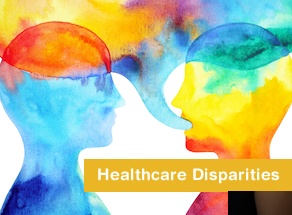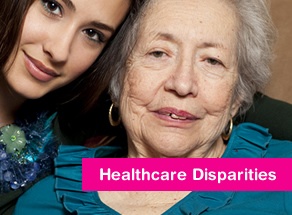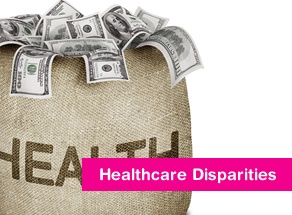Healthcare Policy
Doctors Worry About COVID's Effects on Hispanics
24/08/2020 06:00am | 3588 viewsBy Margarita Martin-Hidalgo Birnbaum
There may be worrisome health trends coming for some U.S. Hispanic adults who get COVID-19.
Preventive Care
Pregnant Black and Hispanic women more likely to be exposed to coronavirus
19/08/2020 06:00am | 3521 viewsPenn researchers found the rate of virus exposure among Black and Hispanic pregnant women to be five times higher than among white and Asian women.
Career Center
Baylor College of Medicine welcomes a record number of minority medical students
17/08/2020 06:00am | 3000 viewsAyleen Hernandez grew up in Houston’s East End neighborhood with Mexican immigrant parents who, to this day, speak only Spanish. When her parents needed to communicate with doctors who spoke only English, she served as their translator.
Lifestyle
Study finds significant variation in trust of health information by Hispanics
07/08/2020 06:00am | 3660 viewsReviewed by Emily Henderson
Hispanic adults vary widely in their reported trust of health information sources, suggesting that information tailored to specific ethnic subgroups and targeted by age group may be beneficial, according to results of a study by SUNY Downstate Assistant Professor Marlene Camacho-Rivera, MS, MPH, ScD. The study is highlighted in the July 2020 issue of Cancer Epidemiology, Biomarkers & Prevention, a journal of the American Association for Cancer Research.
Healthcare Policy
COVID-19 Pandemic Underscores Health Disparities in Hispanic Communities in the US
03/08/2020 06:00am | 3295 viewsBy Amelie G. Ramirez, DrPH
The coronavirus disease 2019 (COVID-19) pandemic has impacted the Hispanic population in the United States heavily due to the many health inequities that this community faces. In order to provide greater support to minorities, these disparities in the healthcare system must be addressed.




